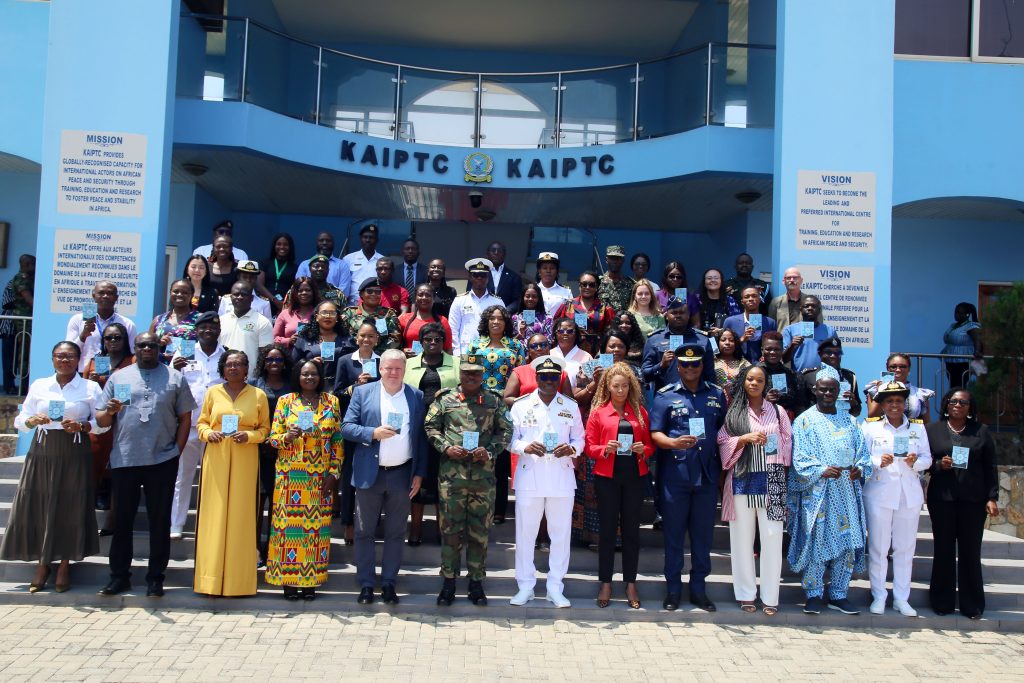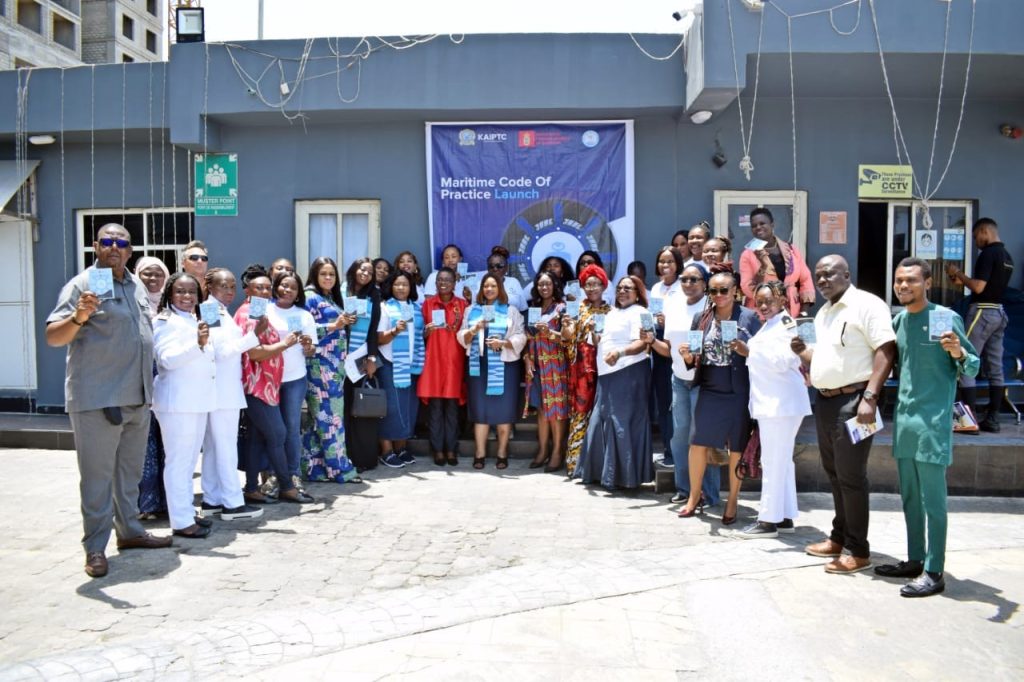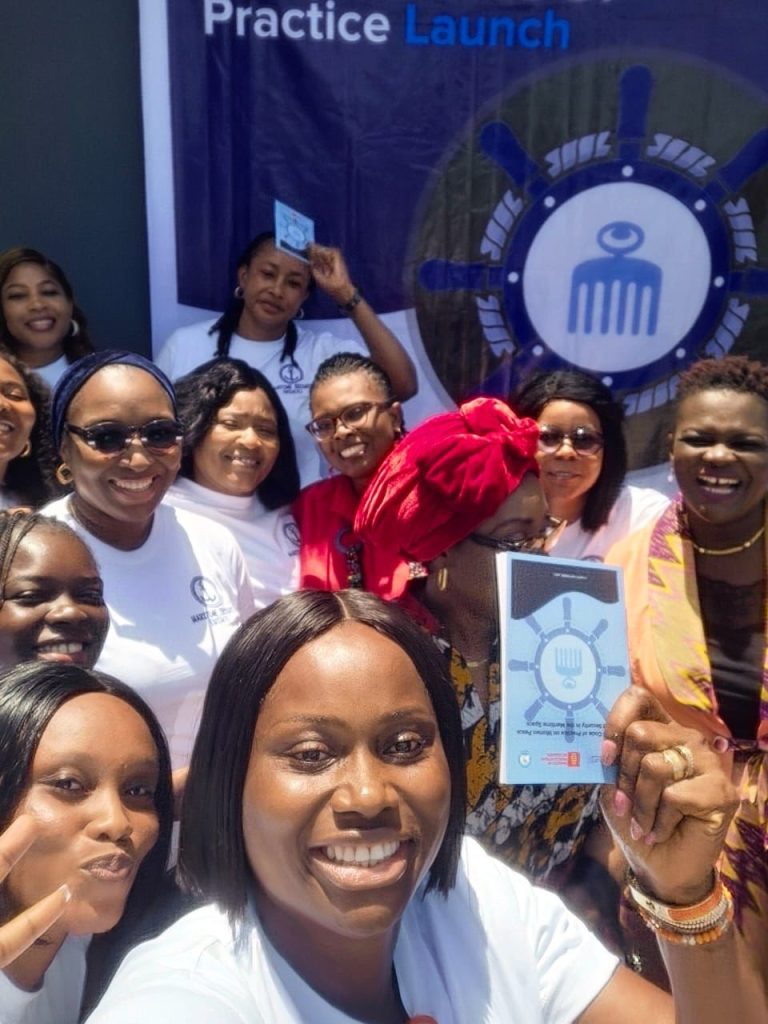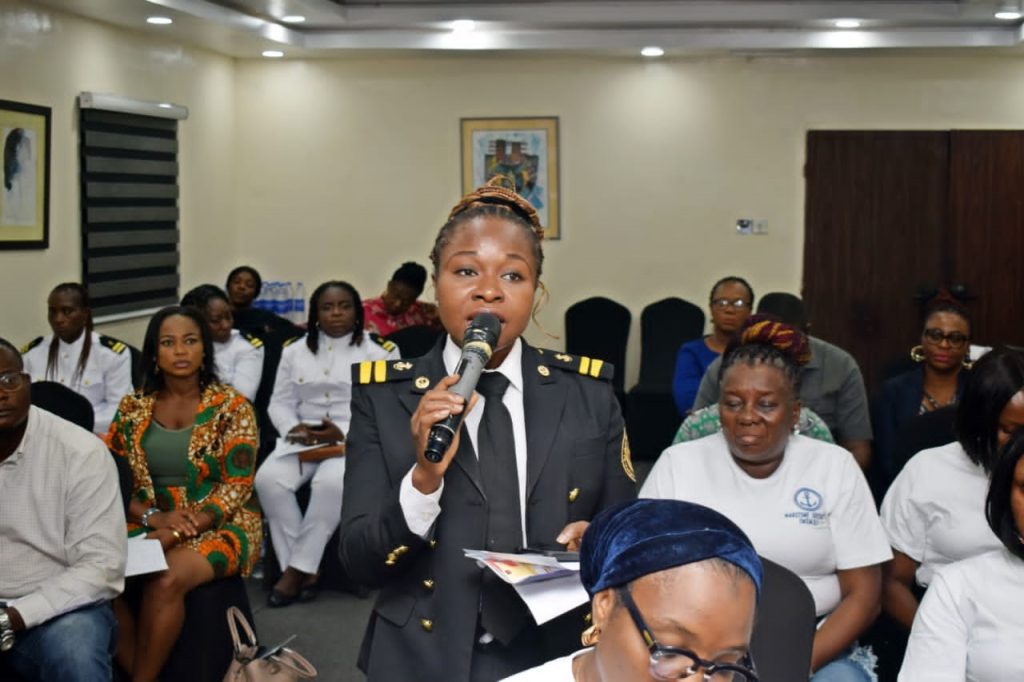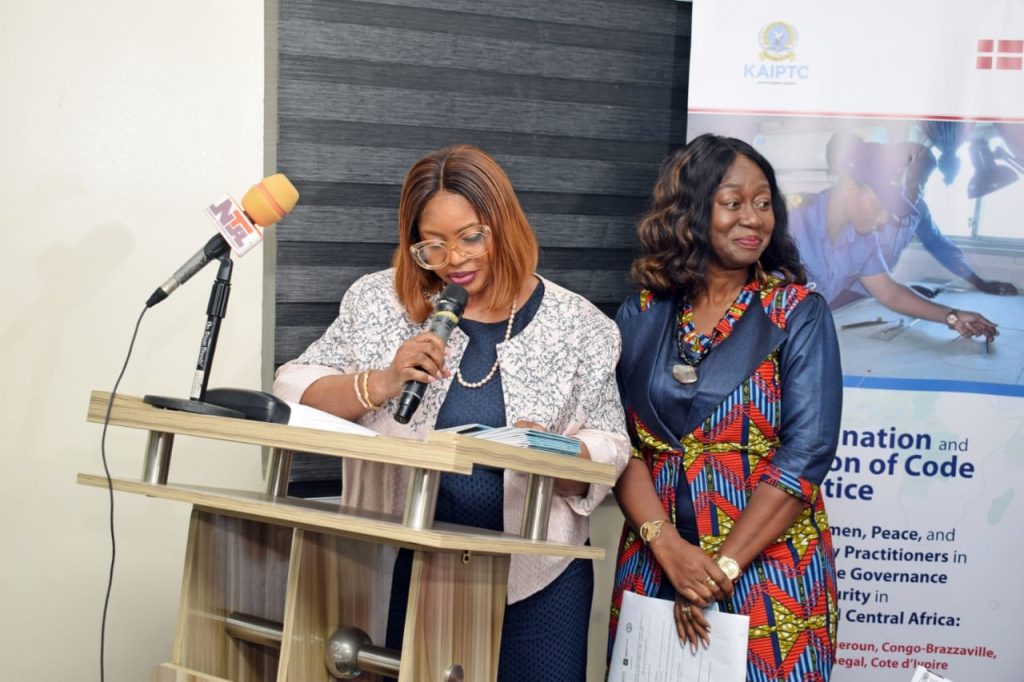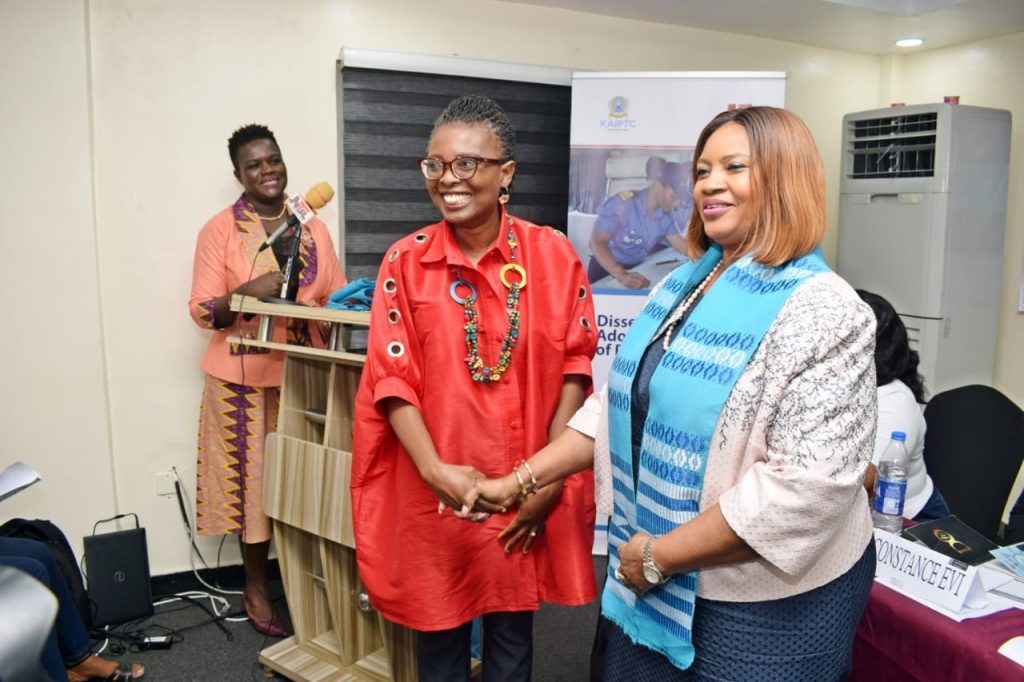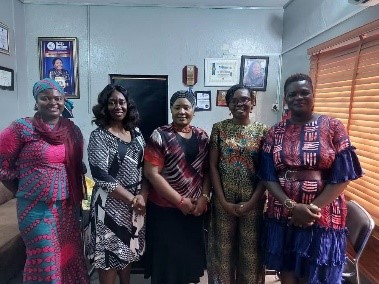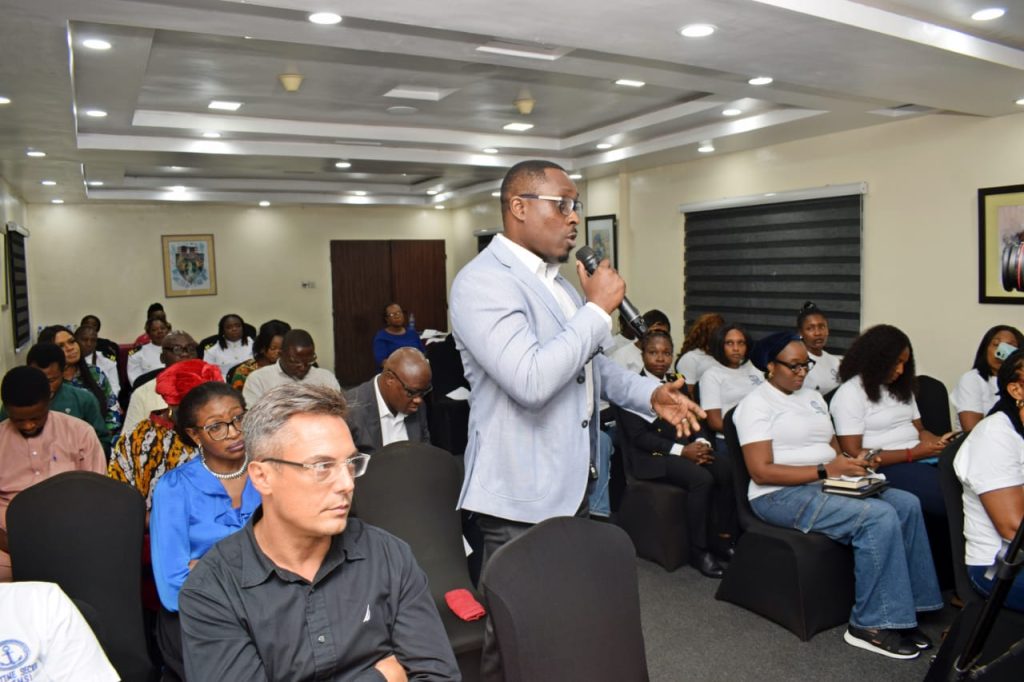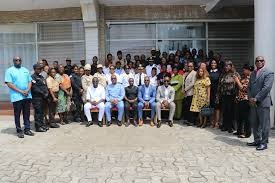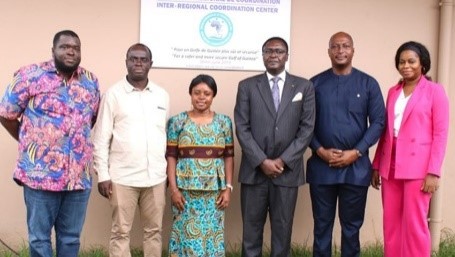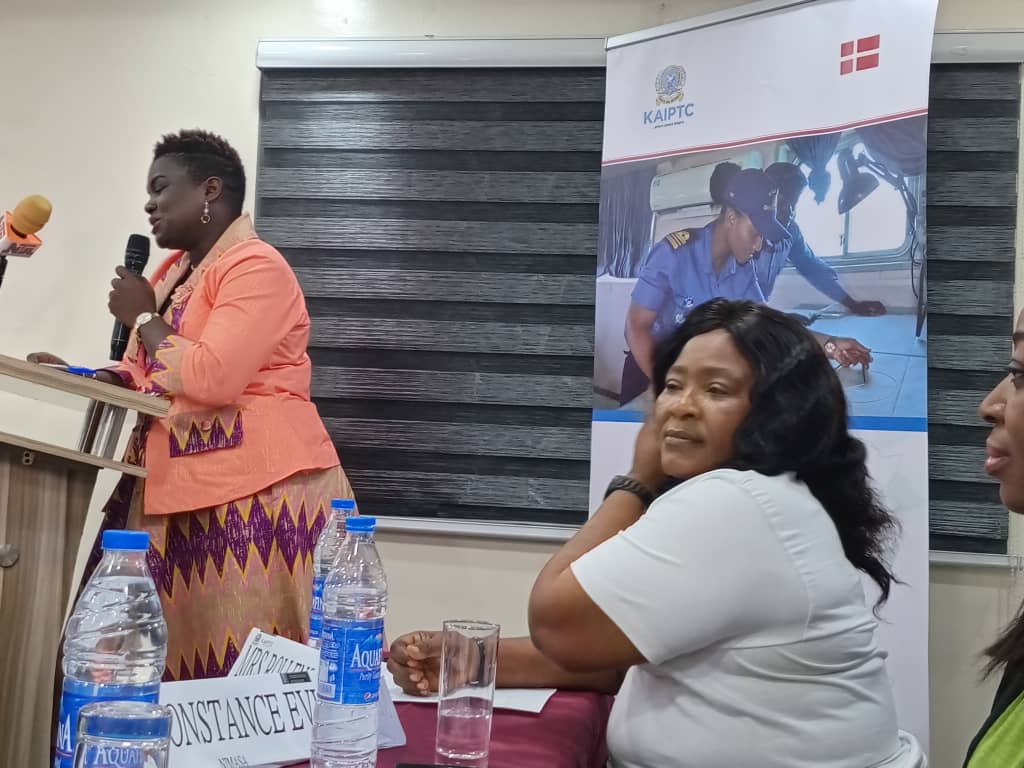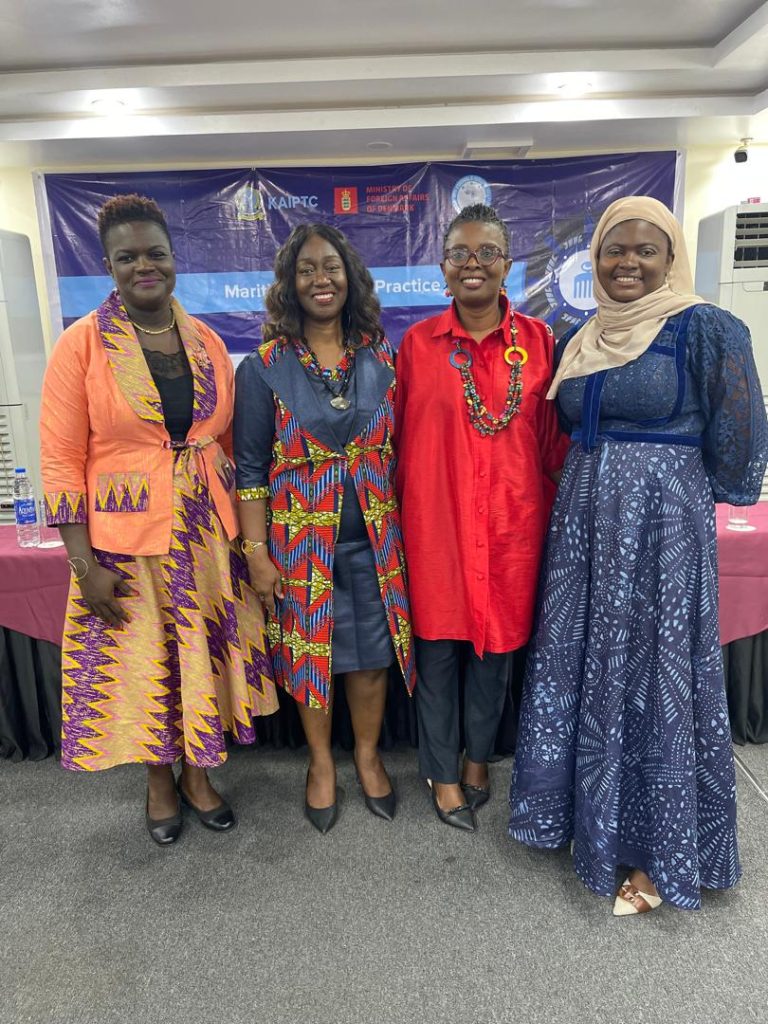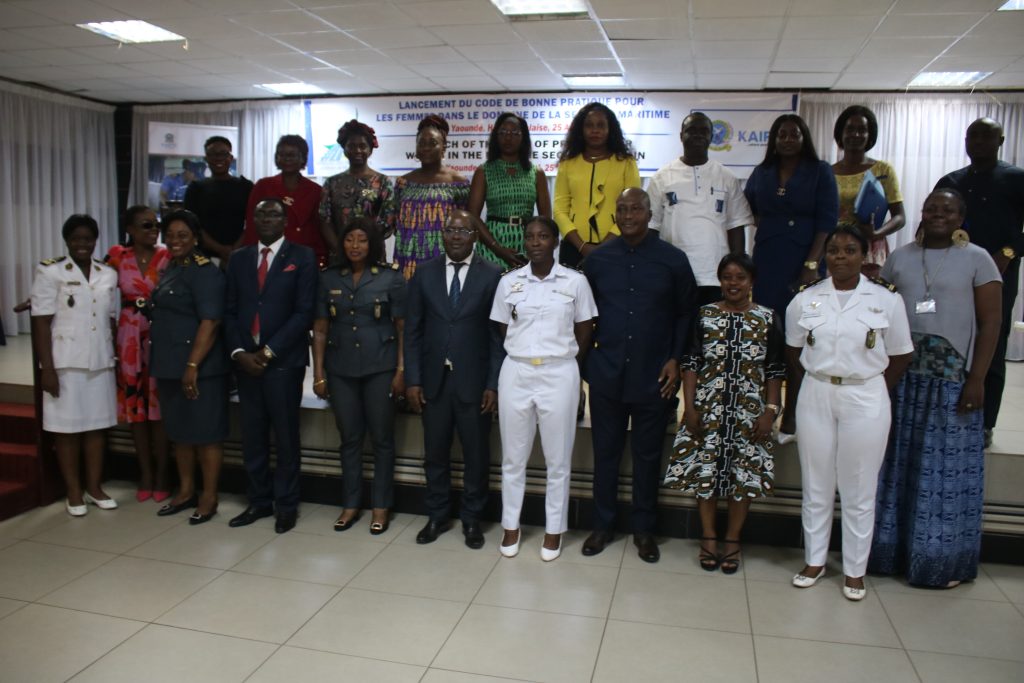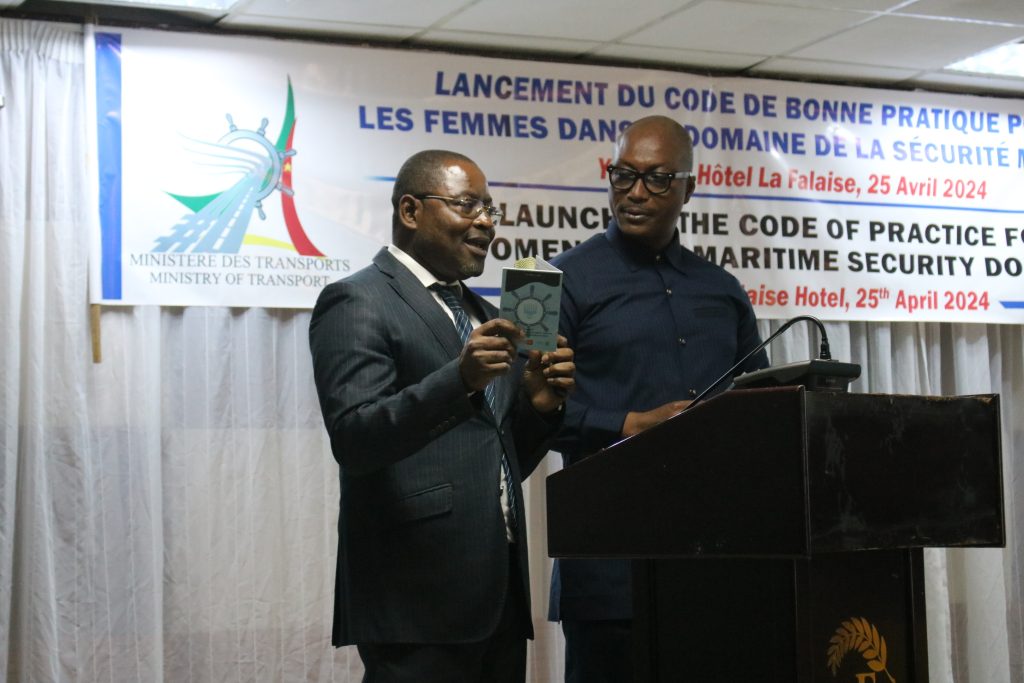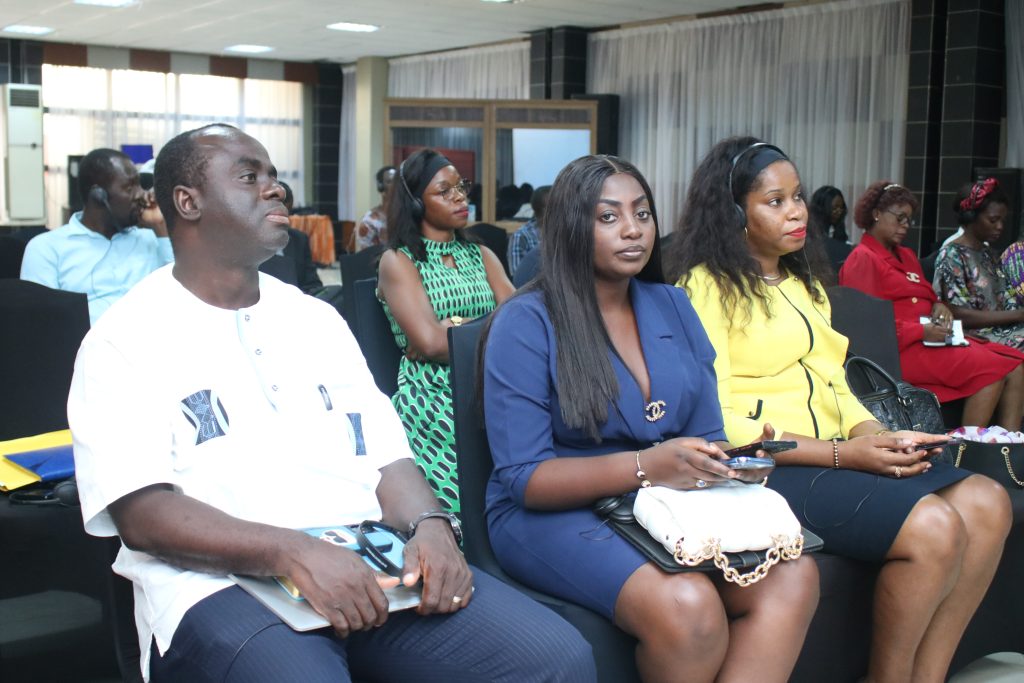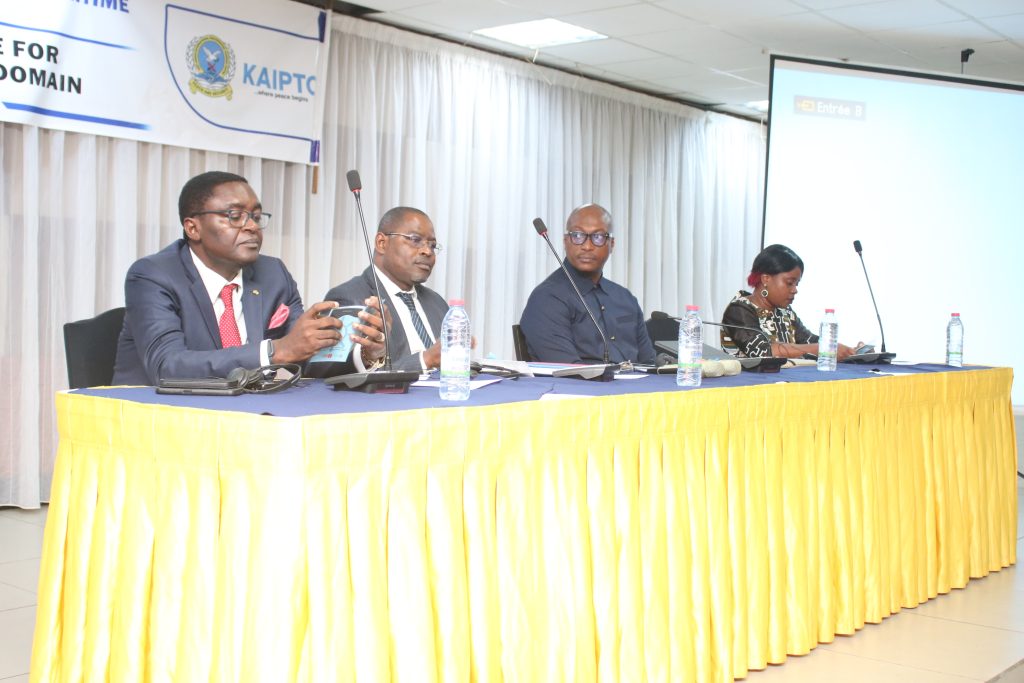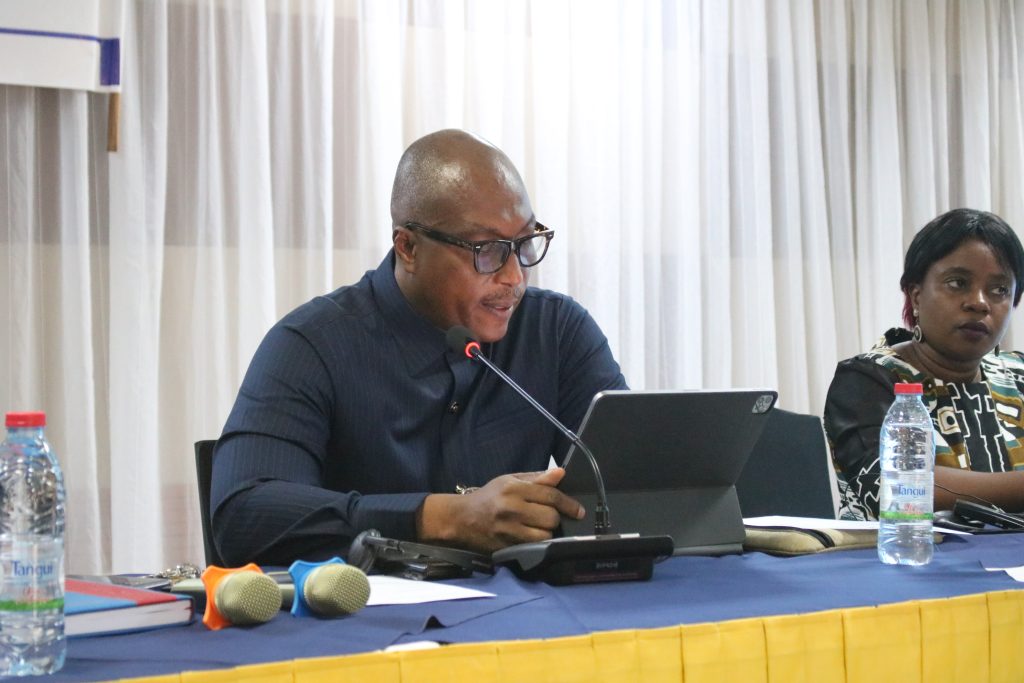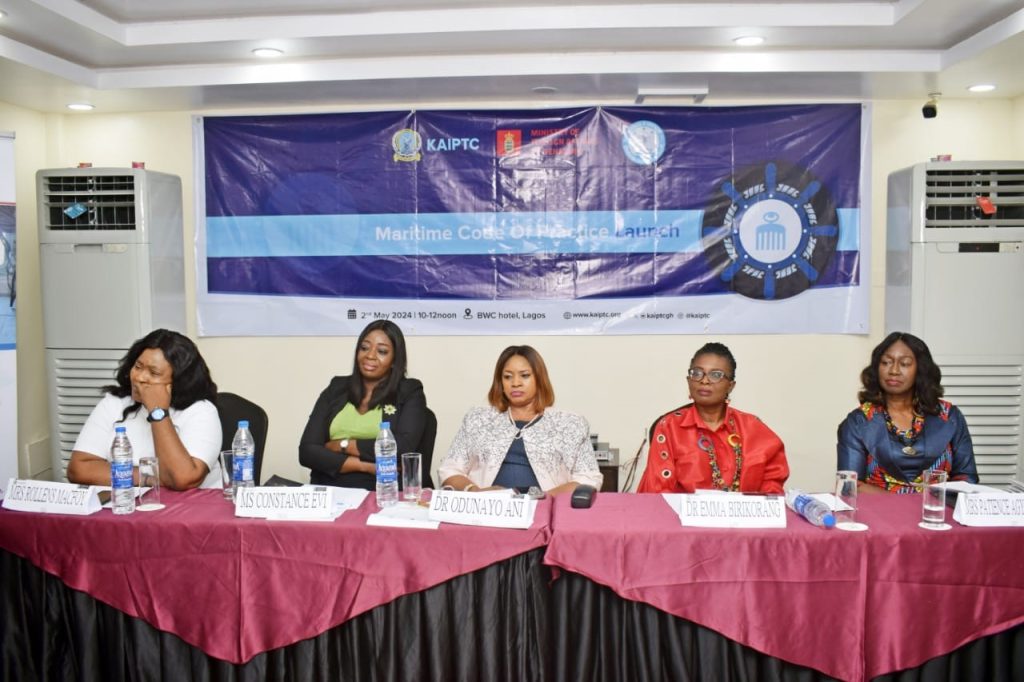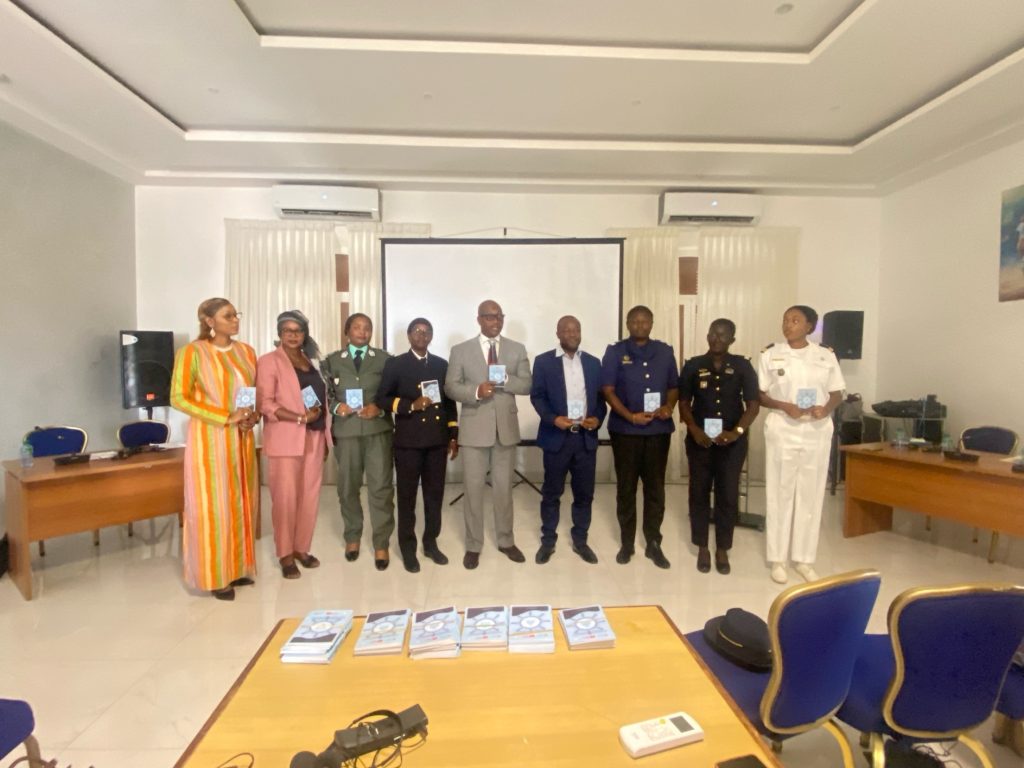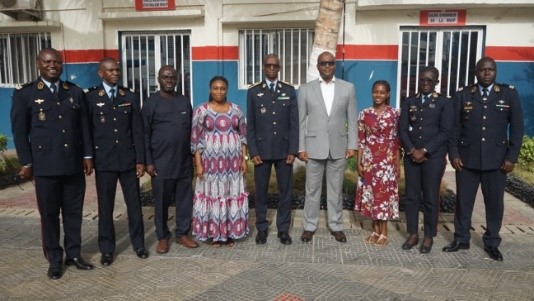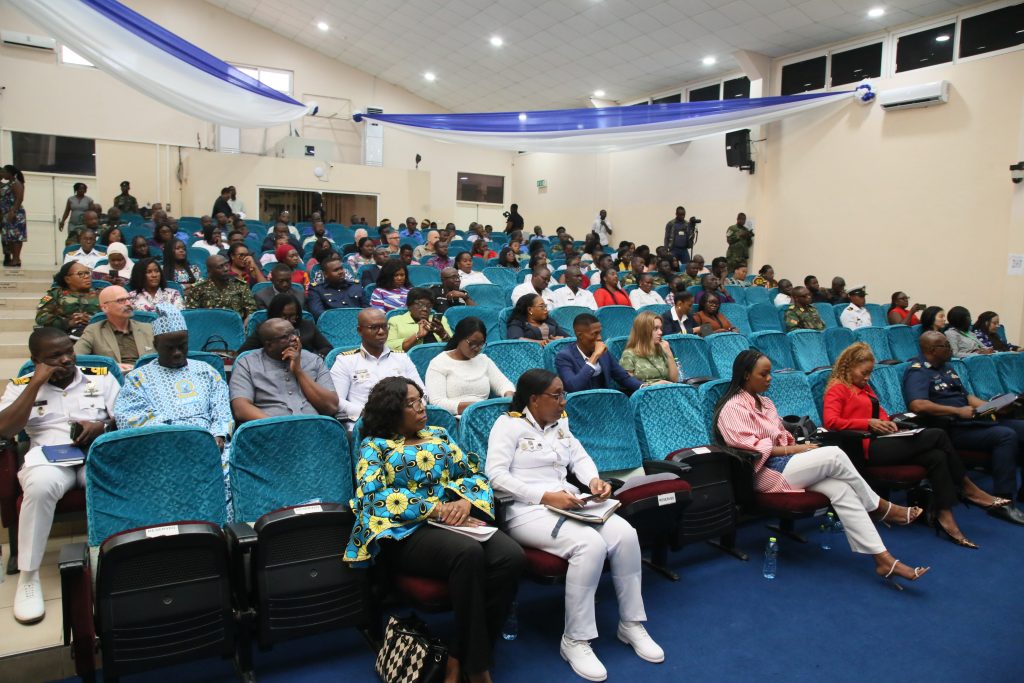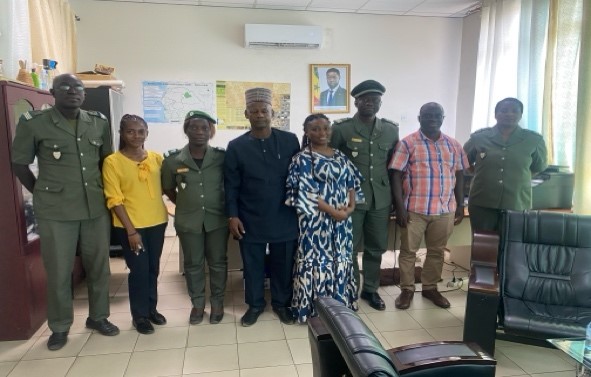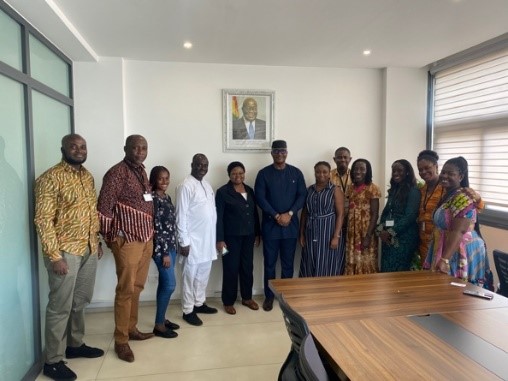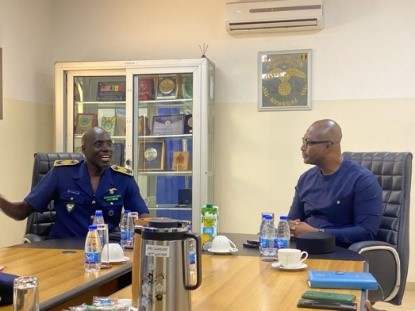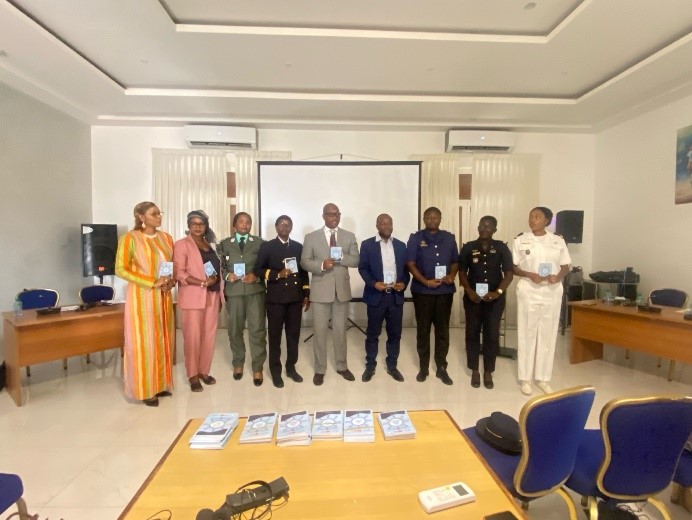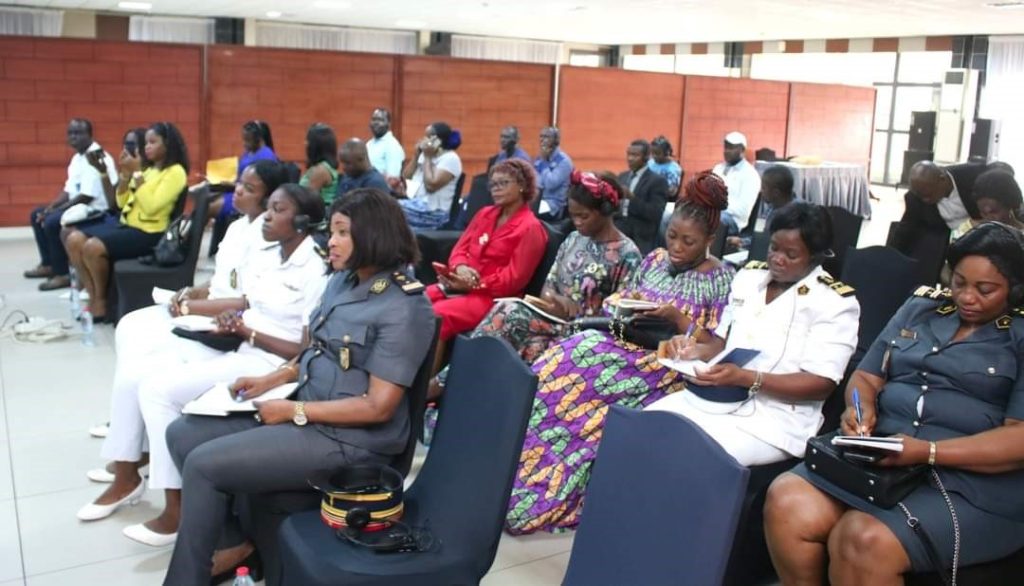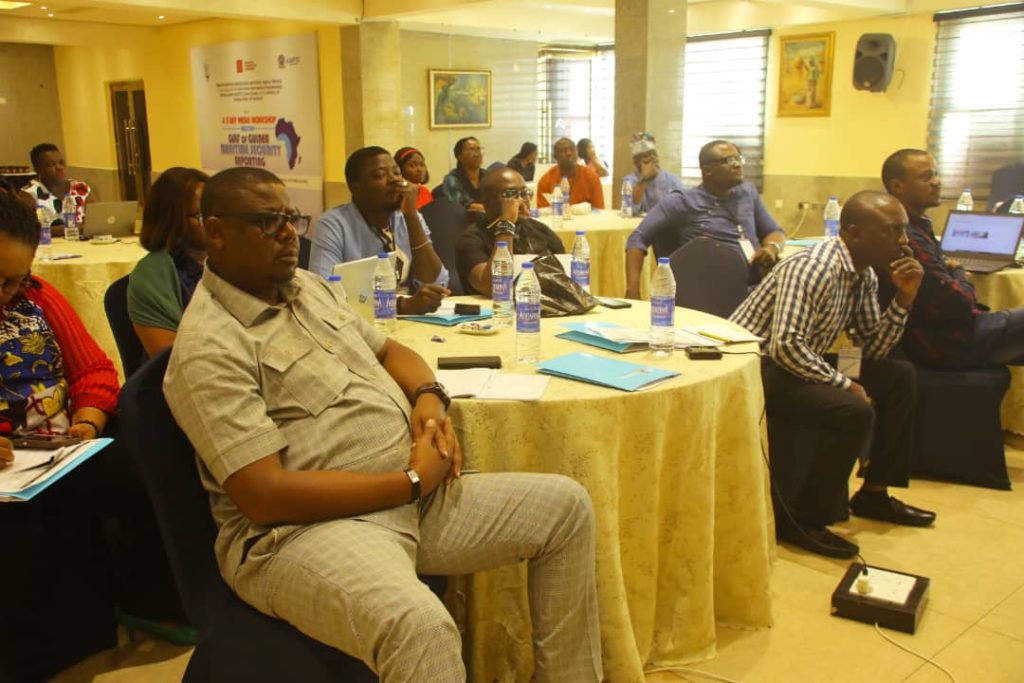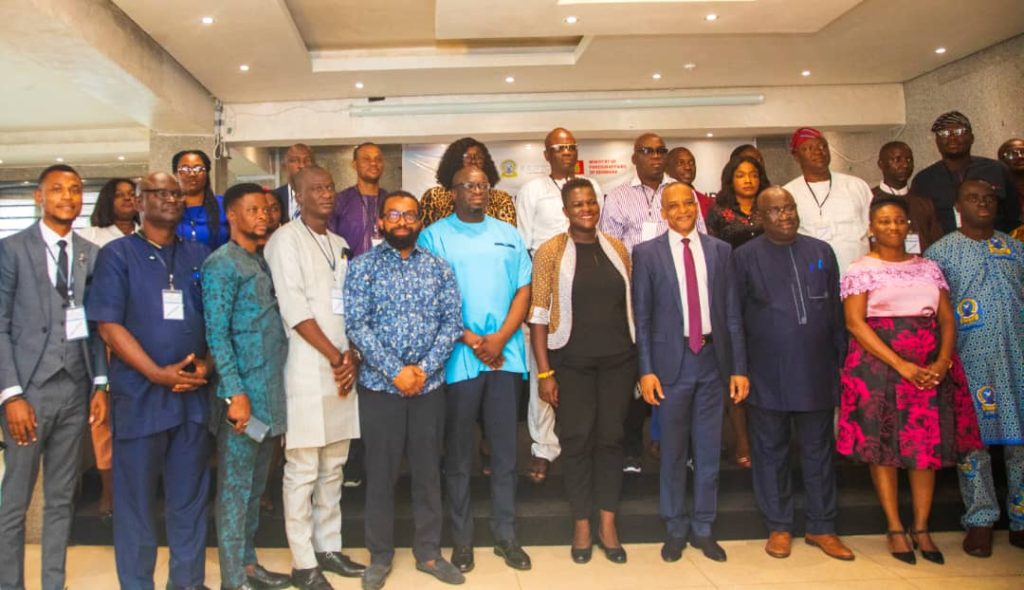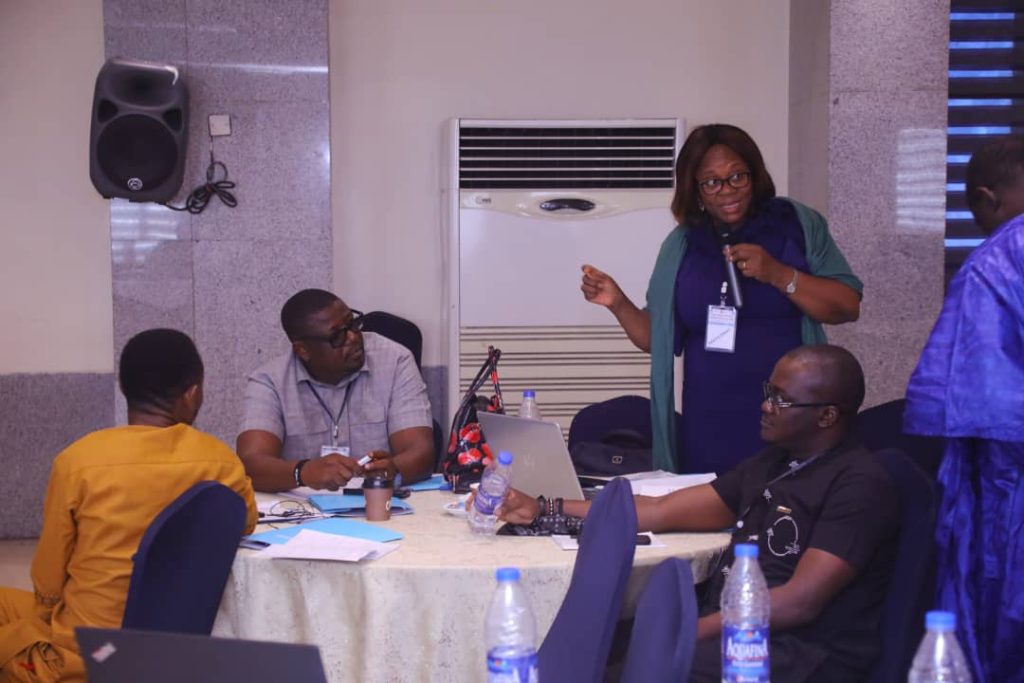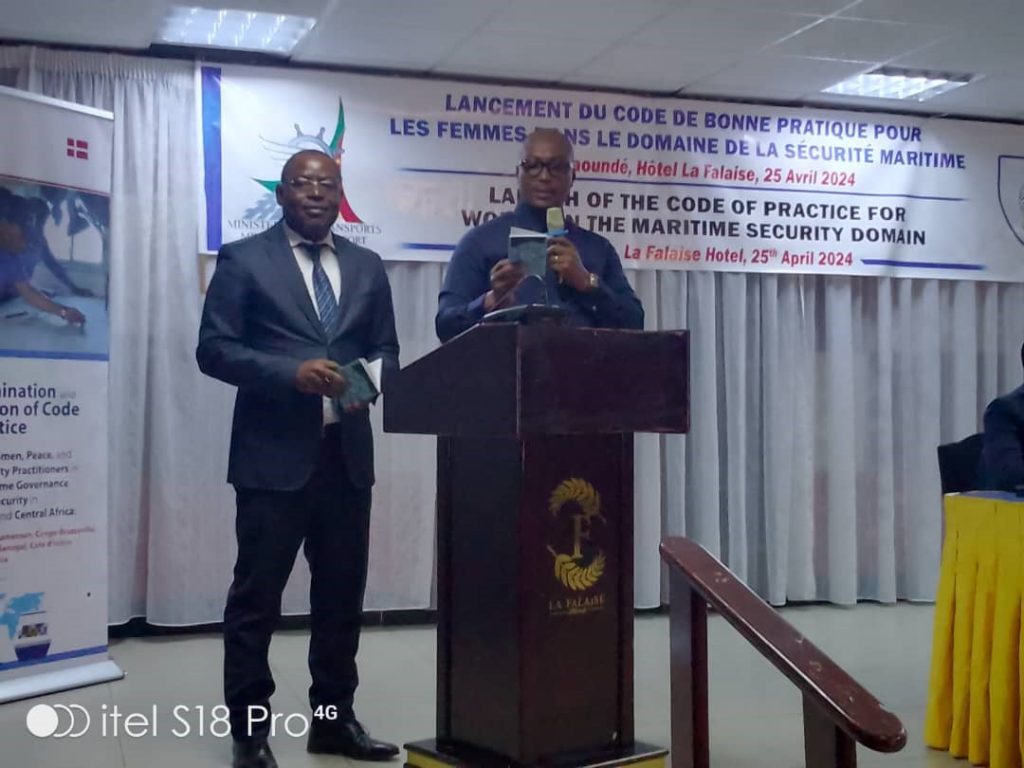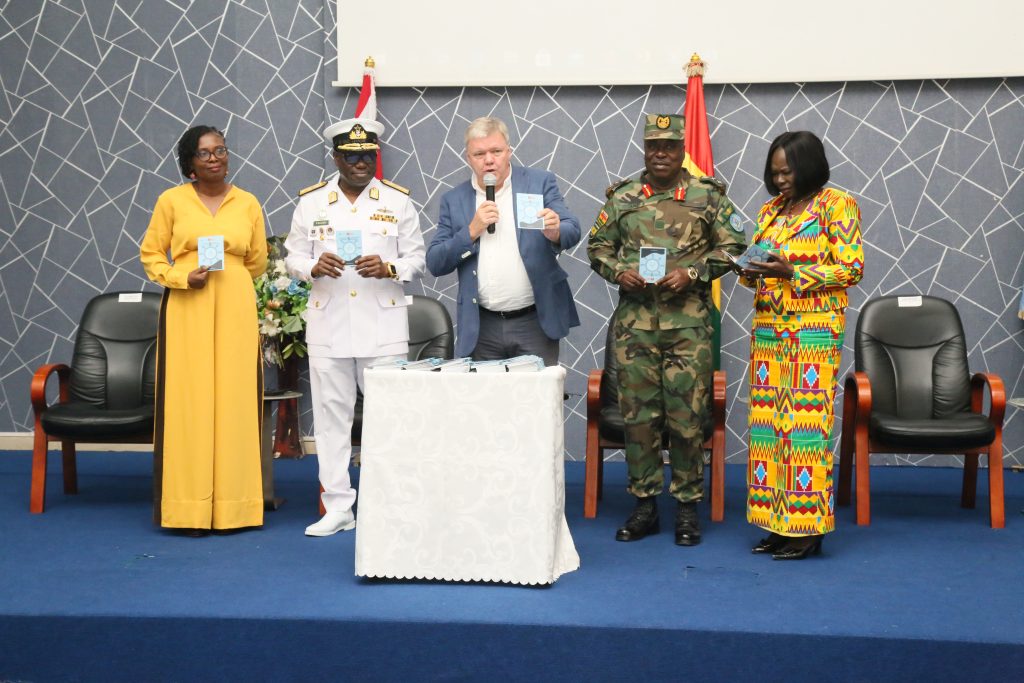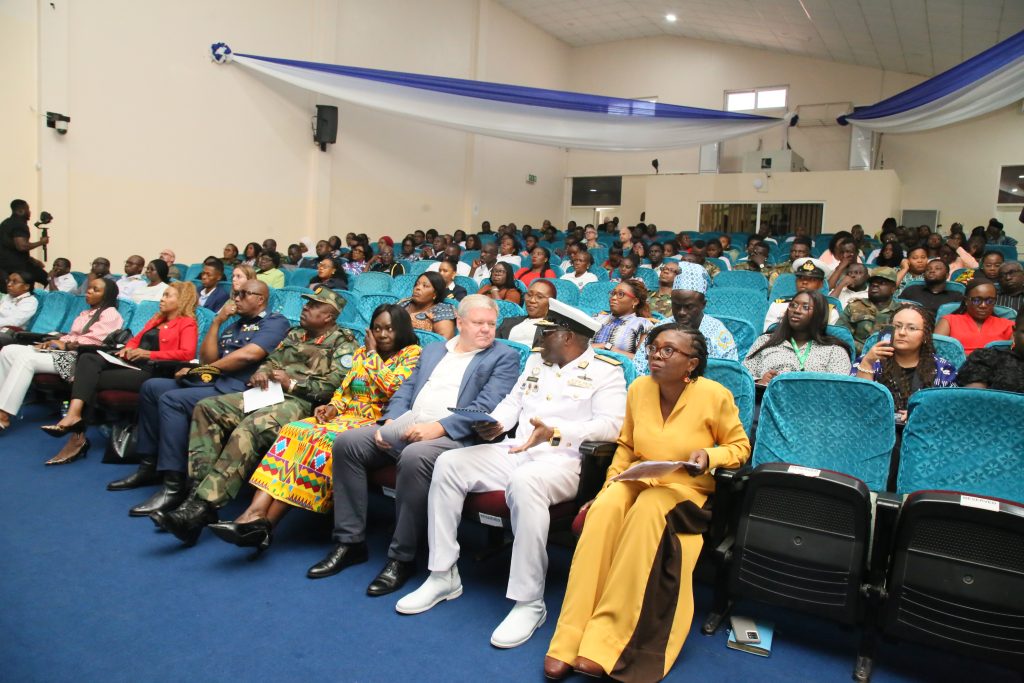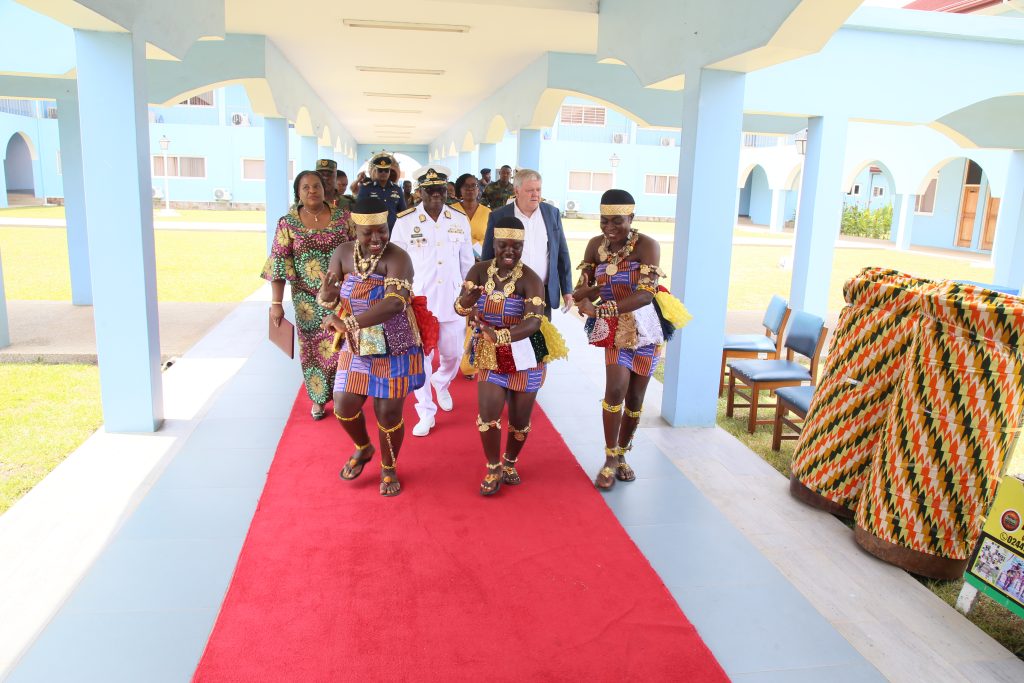In a monumental achievement for the advancement of women in maritime governance and security, the Kofi Annan International Peacekeeping Training Centre (KAIPTC) with financial support from the Danish Government has spearheaded the development and dissemination of a groundbreaking “Code of Practice for Women Peace and Security Practitioners in Maritime Governance and Security in West and Central Africa.” This initiative, launched between March and September 2024, is set to transform the landscape of gender equality and empowerment in the maritime domain across seven African countries: Ghana, Cameroon, Congo-Brazzaville, Nigeria, Senegal, Côte d’Ivoire, and Liberia.
The Maritime Code of Practice on Women Peace & Security in Maritime Space, a crucial step towards institutionalizing gender-responsive practices in maritime security, is an insightful and adaptable document designed to shape the actions of both state and non-state actors. With piracy, illicit fishing, and ecological degradation posing significant threats to the region, the Code aims to ensure that women, who are often disproportionately affected by these challenges, are equally represented and protected within policy frameworks.
A Strategic Dissemination Process
Launching this Code of Practice involved extensive consultations and engagement with key stakeholders in each of the seven countries. From bilateral visits to policymakers to dialogic seminars featuring expert panellists, the dissemination process was comprehensive, ensuring that the principles of participation, protection, prevention, and relief and recovery, foundational pillars of the UN’s Women Peace and Security (WPS) Agenda, are incorporated into national and regional maritime policies.
Throughout the year, a series of high-impact events took place, with seminars held in the capitals of the participating countries. These events not only highlighted the Code’s objectives but also served as platforms for maritime security practitioners and decision-makers to discuss the specific challenges faced by women in this domain. Each country’s launch received significant media attention, further driving the conversation on gender equality and the importance of protecting women in maritime governance.
The Culmination: Ghana’s Launch on September 10, 2024
The final stop on this journey was Ghana, where the launch event occurred on September 10, 2024. The ceremony, held in Accra, featured high-profile discussions that underscored Ghana’s leadership in advancing the Women’s Peace and Security Agenda. Maritime experts, government officials, and civil society representatives came together to celebrate this landmark achievement and reflect on how the Code will shape the future of maritime space, not just in Ghana but across West and Central Africa. The Ghana launch was a crowning moment in a series of successful engagements, and this launch solidified its commitment to creating an inclusive and secure maritime space for all.
Looking Ahead: A New Era for Women in Maritime
With the completion of the dissemination phase, the real work now begins. The adoption of the Code of Practice is expected to drive policy reforms, enhance gender parity, and improve the overall safety and security of the maritime domain in West and Central Africa. As we look ahead, the hope is that the Code will serve as a model for other regions grappling with similar challenges while ensuring that women continue to play a central role in maintaining peace and security at sea.
In conclusion, the launch of the Women’s Peace and Security Code of Practice represents a significant step towards closing the gender gap in maritime governance. It is a bold declaration that the contributions of women are not just valuable but essential to the future of maritime security in Africa. With Ghana’s launch on September 10, 2024, the region has set a powerful precedent for other sectors and regions to follow.
Let us celebrate this collective achievement and work together towards a more inclusive, secure, and sustainable maritime future!


